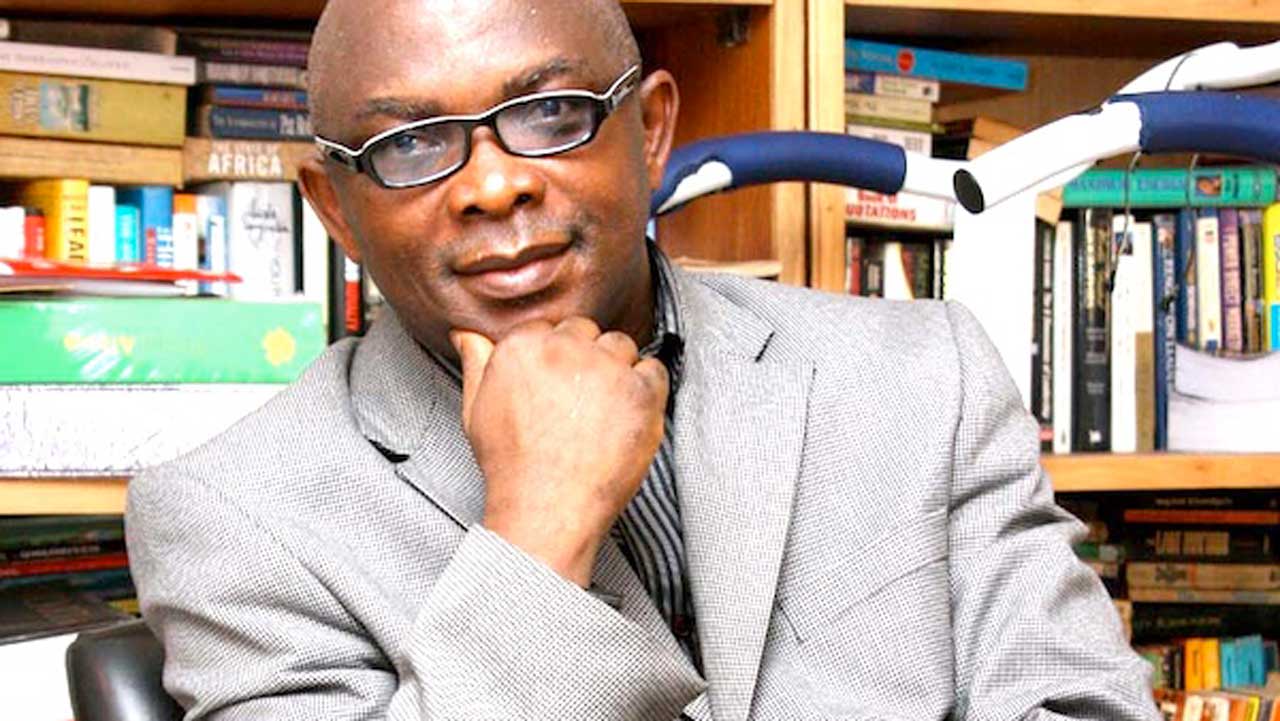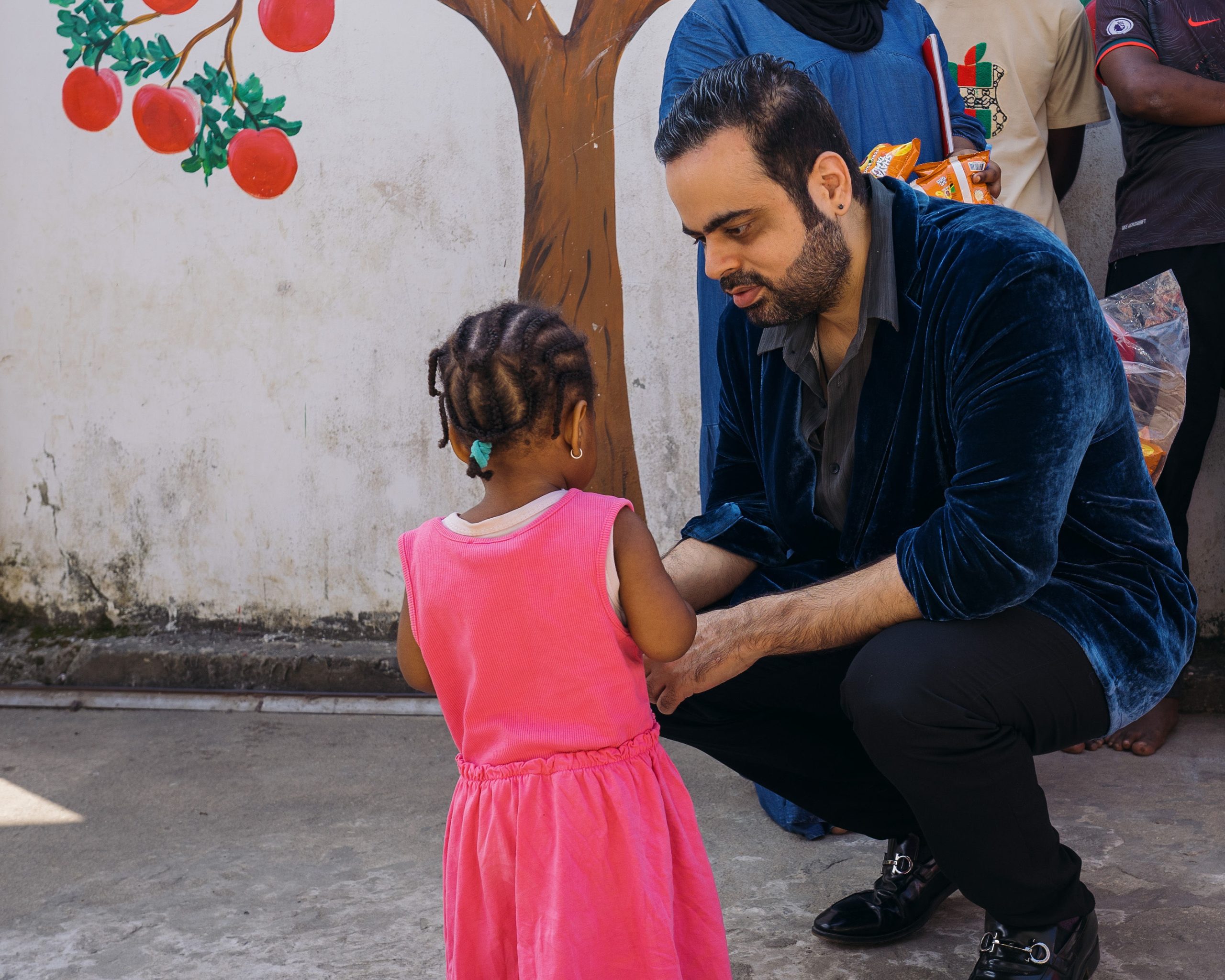 Mike Awoyinfa was the Editor of the celebrated Weekend Concord, and pioneer Managing Director/Editor-in-Chief of The Sun Newspapers. In this interview with ENIOLA DANIEL, he spoke about life at 70, his work as a journalist, and state of the nation.
Mike Awoyinfa was the Editor of the celebrated Weekend Concord, and pioneer Managing Director/Editor-in-Chief of The Sun Newspapers. In this interview with ENIOLA DANIEL, he spoke about life at 70, his work as a journalist, and state of the nation.
How is Nigeria treating you?
Well, I am fine.
You just clocked 70, how do feel joining the club of septuagenarians?
It’s a thing of joy to clock 70. One doesn’t have another choice but to thank God. I have had friends who didn’t get to 60 and for me to reach 70 is a great testimony. I have every cause to be grateful to God for keeping me alive.
I have tried my best in journalism. I became the Editor of Weekend Concord in 1989 and I was the Editor for 10 years.
From there, we went to The Sun. When I say we, I mean my friend, and I, late Dimgba Igwe, the man whose death shook me. After leaving Weekend Concord, our friend Orji Kalu invited us to be part of his new outfit. Initially, we wanted to be on our own, but after much persuasion by Kalu, we gave in and having succeeded in Weekend Concord, we wanted to see if we could replicate our success in another outfit.
Kalu at that time wanted a political paper called The New Republic, but as fancy as the name sounded, judging from our pedigree, from where we were coming from, we felt we have to change the name and personality of the newspaper, so, we came up with The Sun instead of the New Republic. We were able to make an impact.
We succeeded in creating a paper that became acceptable in the market. We have every cause to thank God for what we were able to achieve; it’s not easy to start a newspaper and sustain it. It’s not about money; you can pump in all the money in the world, but if you do not have the right leadership, the right creative persons, and the right strategy to come into the market, you won’t succeed.
We created The Sun and called it the king of the tabloid. We brought in some of our men from Weekend Concord, including Femi Adesina, and luckily for us, the paper became a roaring success.
What enticed you to join The Sun?
I’d been an editor of Weekend Concord for 10 years and I intended to concentrate on writing books until Kalu came. I loved the prospects and we have no other option than to join.
What would say shaped your career in journalism?
I have always wanted to be a journalist. As a little boy those days when I lived with my elder brother in Ghana, I developed the habit of reading newspapers whenever he sent me to buy for him. I had it in mind that I will become a journalist when I grow up, so, I studied in the University Lagos (UNILAG) where I read Mass Communication. The idea of writing and seeing my byline excites me.
The News Agency of Nigeria (NAN) employed me after my NYSC in Jos. But the kind of journalism we were doing in NAN wasn’t my kind of journalism; there was no feature. I was not comfortable with being wrapped in anonymity, I wanted my byline conspicuously, so, when National Concord was recruiting and I saw the team consisting of Dele Giwa, I had to join. By then, Dele Giwa had already made an impact in Daily Times before moving to Concord.
I was moved to Kaduna as the Chief Correspondent. I wasn’t just reporting news, but I was doing features to a point that Dele Giwa created a column, Reporter’s Note Book, for me. Later, there was an opportunity to bring me back to Lagos, so, I came to Sunday Concord.
Like some of your colleagues, have you ever thought of joining politics?
I was a reporter, I am a reporter and a reporter will I be. I don’t know how to talk or act like a politician; mine is to look out for injustice in society, torchlight and report. I travelled to England for a fellowship while I was with Sunday Concord, and then I worked for a paper called Sunday Sun. I was moved to the feature desk as the editor when I came back to Nigeria, but before going, Dimgba and I had written a book titled the Art of Feature Writing. In those days, many people started looking for the National Concord because of the feature pullout.
My MD, Dr. Doyin Abiola, called me one day and said she got an idea to start a Saturday newspaper and she wanted me to be the editor. I gave her a dummy of how the paper would look like; the first cover story was written by Dele Momodu who gave me a story on the love life of Wole Soyinka, and the paper sold out.
How was your love life as a young journalist?
Well, I did what every reporter did. Femi Adesina echoed what Dimgba used to call me ‘Iniquity Man’. We also like good life as reporters; I admired and I was admired too.
Journalists are one of the poorest in Nigeria to date, were there offers to get you to quit journalism?
I had offers but they never moved me; I’d already planned my life. My ambition was to become an editor. The Art of Feature Writing opened our eyes that we can make money by writing books as journalists. Dimgba Igwe and I decided to write a corporate book titled 50 Nigerians Corporate Strategy after the military government closed down Concord and other newspapers. The book was about top Managing Directors and CEOs, who shared their experience in managing businesses in Nigeria. We sold a copy for N10, 000 and we struck gold with the book. It was proceeds from the book we used to build my house and that of Dimgba.
After that, we wrote another book titled Nigerian Marketing Memoir. We interviewed marketing directors to talk about their brands. I always say that a journalist who dies without writing a book is a failed journalist, because book writing, biography is a higher form of journalism.
How are you coping with the death of Dimgba Igwe?
After my friend died, I was devastated, filled with pain and I didn’t know what to do so, I thought about the book to write that he would like. So, I wrote 50 Nigerian Board Room Leaders, I sold each N40,000 each and people are still asking for it to date.
What was your earlier aspiration and have you accomplished it all?
My ambition was to be an Editor, I wanted it and I got it. For me, being an editor is the height, that is the glory, pride and joy of being a journalist. Being an Editor is my Olympic Gold Medal.
Did your parents support you when you told them you wanted to be a journalist, and what were the early challenges you had in your career?
My parents were illiterate so, it didn’t bother them; they sent me to school and pay for the tuition. My father wanted me to be a politician, but he knew I was only interested in writing, so, nobody influenced what I wanted to do.
There wasn’t a critical challenge. I just minded that there was a job and I did my best. There was no Internet those days; we had to dictate reports by radio, unlike now when stories can be sent through the phone.
What’s your advice to journalists who are serving government?
We cannot stop anyone from taking the government’s offers. I cannot accept any political offer. I made up my mind that I will not be derailed. I am not cut for any job offer outside journalism.
At 70, what are your aspirations, your wish, and advice for the country?
Every day, I pray to God. I pray daily that by the time I die, there should be nothing in my brain. I have so many books to write. I pray I don’t fall sick so I can have the strength.
Old age is about sickness and that’s why I am calling on the government to create more health centres. Our health, especially the aged, should be taken seriously.
It’s not enough to loot money for a selfish reason. Politicians should use money wisely and provide facilities. A lot of people die today, because they cannot afford healthcare. If the government wants to subsidise anything, it should be in healthcare.
These days you can’t travel interstate, because of insecurity, and if you have to do, you will need to fast for seven days before doing so. This is not the Nigeria we used to know.
We are almost on the brink of anarchy; Kuje Prison was recently attacked. Criminals are making a laughing stock of our country. Criminals get away with so many things, which means they are in control. They decide what they will do. They demand ransom in millions and soon, they will demand ransom in billions. Many priests have been kidnapped and we are wondering about the next priest they will abduct. This is the reality in Nigeria of today.






